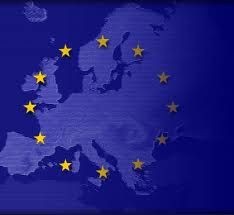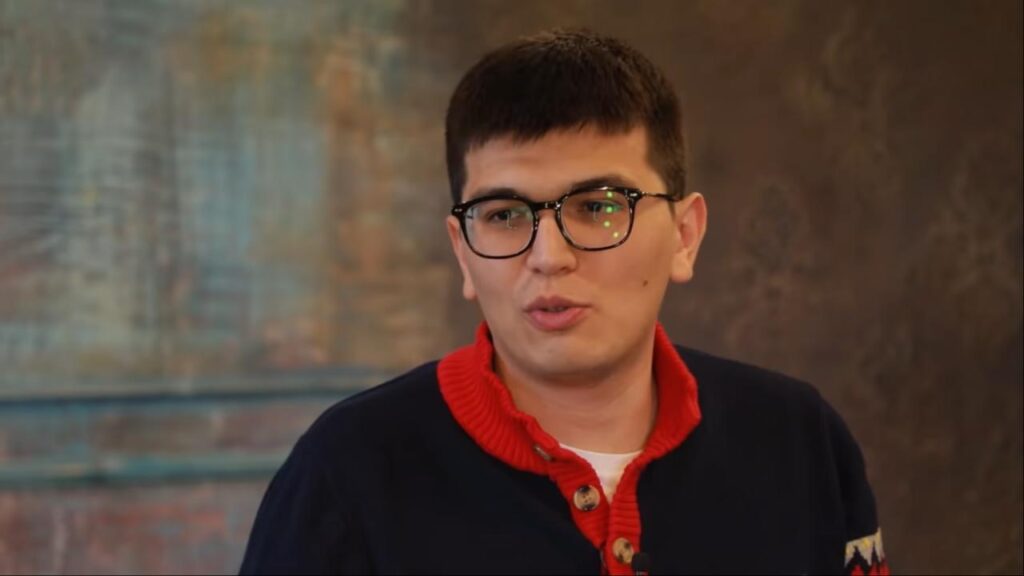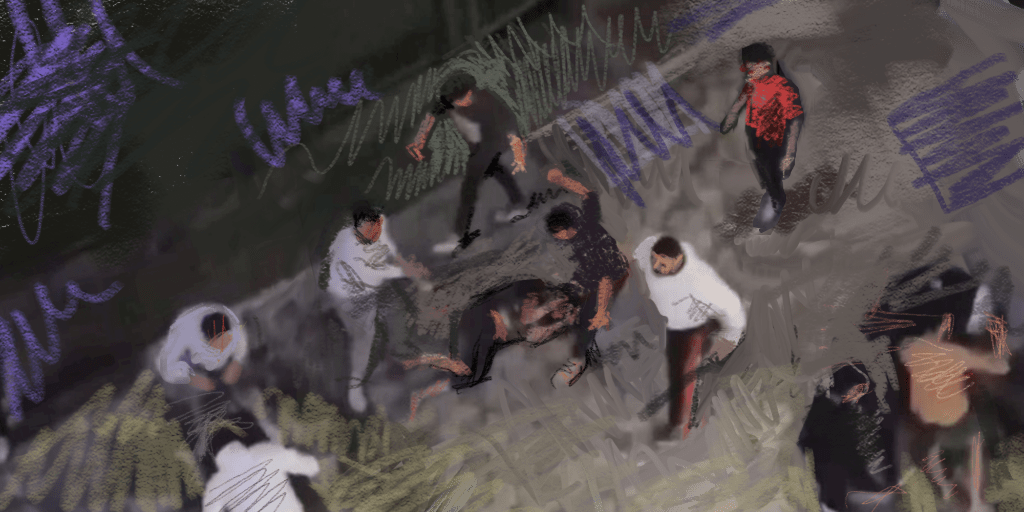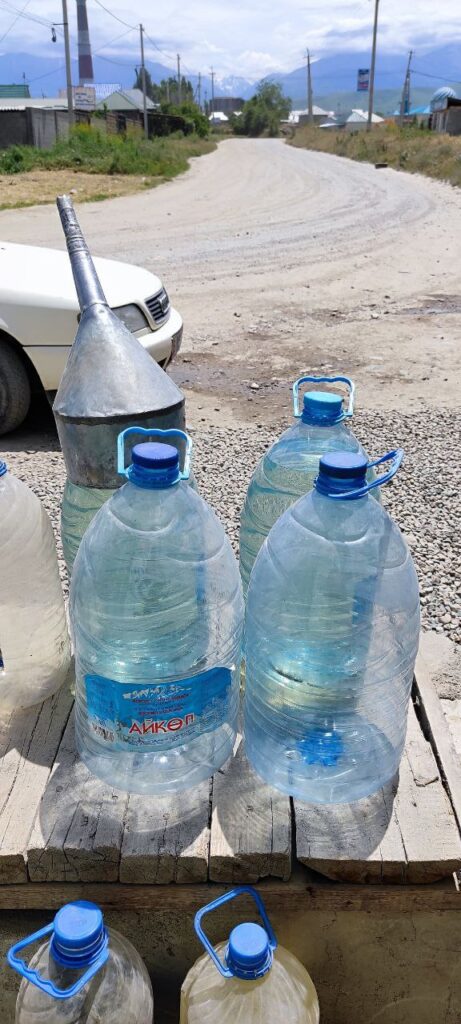BISHKEK (TCA) — The European Union (EU) held its Cooperation Council meetings with Kyrgyzstan on February 15 and Tajikistan on February 16 in Brussels.
The EU was represented at both meetings by Mr Bert Koenders, Minister of Foreign Affairs of the Netherlands, acting as head of the EU delegation. The delegation of Kyrgyzstan was led by Foreign Minister Erlan Abdyldayev, and the delegation of Tajikistan was led by Foreign Minister Sirodjidin Aslov.
The EU-Kyrgyzstan Cooperation Council reaffirmed the commitment of both parties to strengthen bilateral and regional cooperation in a number of areas and reviewed achievements from 2015, notably in development cooperation, through which the EU has granted EUR 34.6 million to the Kyrgyz Republic, the European External Action Service said.
The EU will provide support for electoral reform through a dedicated EU programme worth EUR 13.3 million. Kyrgyz efforts to build a stable parliamentary democracy must be reinforced by further implementation of key reforms. The rule of law, fight against corruption and judicial reform are necessary pre-conditions for sustainable development and an attractive business environment. The EU is committed to supporting the Kyrgyz Republic in this transition process.
The EU particularly welcomed the Kyrgyz Republic’s successful application for Generalised Schemed of Preferences, GSP+, as an important development in EU-Kyrgyz relations. This unilateral offer by the EU will allow Kyrgyz exporters to supply a wide range of products to the EU at zero tariff rates. This is an incentive to growth and diversification of the Kyrgyz economy, as well as an additional incentive for the Kyrgyz Republic to make further progress in the field of human rights, labour rights and good governance.
During the EU-Tajikistan Cooperation Council, the European Commission reaffirmed its commitment to provide new development funding of €251 million to Tajikistan for the period 2014-2020. The funds will focus on vital sectors for growth and social stability, such as rural development, health, and education, which are particularly important in the present economic climate prevailing in Central Asia.
The EU emphasised that for the development of Tajikistan an open-minded policy based on respect for human rights and fundamental freedoms is essential.
The Cooperation Council also addressed regional developments in the energy sector as well as security-related challenges, including border management and radicalisation. The stability of Central Asia is of common interest to Tajikistan and the EU, and the parties committed to increase their cooperation in this area.











